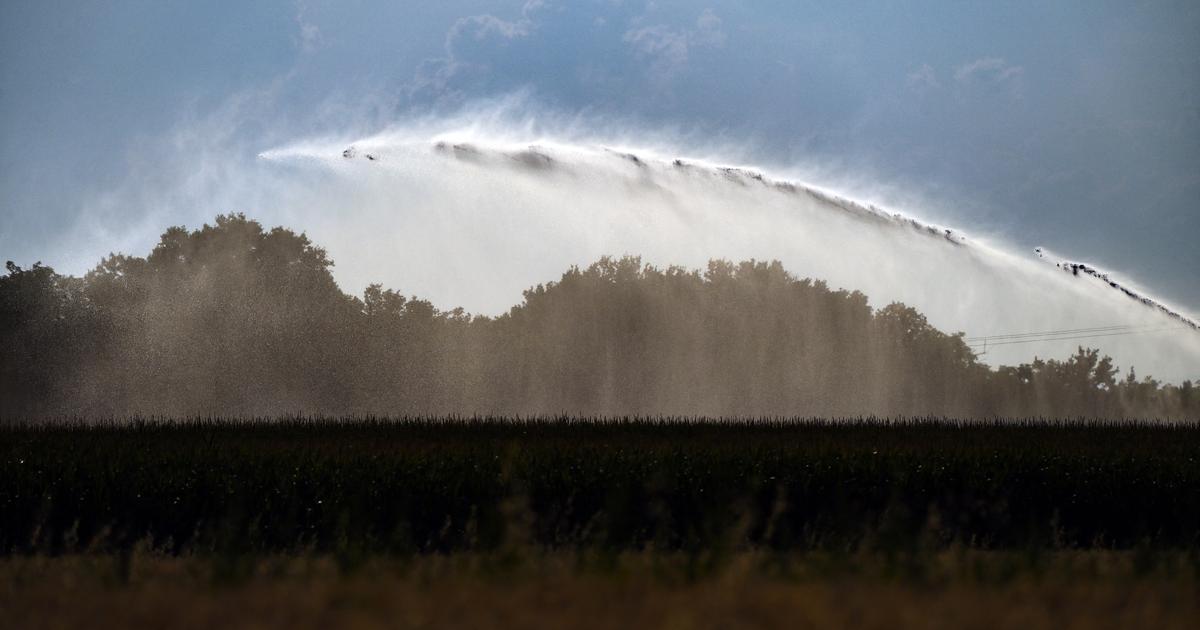Without water it is not in agriculture. Fields must eventually be watered for plants to grow. This is why farmers are tapping groundwater and drilling wells in some places - sometimes without permits.
But pumping out large quantities of these important reservoirs is becoming an increasing threat to the environment. This is what researchers call Inge de Graaf from the University of Freiburg in the journal Nature.
Rivers and lakes feed on the groundwater in many places. If the groundwater level changes, this also has an effect on the surface waters.
According to the current study, the ecosystem of the rivers will therefore be critically reduced by 2050 in many areas with intensive groundwater extraction . Because less water in the rivers is a danger to the lives of fish and plants.
Already today, environmental damage has occurred in some areas where groundwater has been regularly pumped since the 1960s, the researchers write. "Already affected are the Midwestern US and the Indus Basin project between Afghanistan and Pakistan," De Graaf is quoted in a statement from her university. Some agricultural wells in the US are nearly 300 feet deep because the groundwater level has dropped so low.
more on the subject
De Graaf and her colleagues created simulations with a worldwide model of groundwater and river systems. There they gave data on the climate and water needs of humans for the years 1960 to 2010. For the period up to 2100 the development was simulated. The researchers considered it hazardous for the environment to pump off, even if the groundwater falls below a limit for at least three months in two consecutive years.
If the rivers and lakes lie in hot and dry areas, the hydrologists are in danger of major ecological changes. "If we continue to produce as much groundwater as we have over the next few decades, it will also be critical for regions in southern and central Europe such as Portugal, Spain and Italy, as well as North African countries," de Graaf stresses.
The scientists calculated that in 2050, in the wettest areas where groundwater is extracted, 42 percent of the areas reached the critical point . In the driest, according to the model, even 79 percent of the regions. The average value is 58 percent.
"Climate change may accelerate this development, as we expect less precipitation, which further increases the extraction of groundwater and dry out even dry areas," explains the hydrologist. Not included in the model are changes in water demand due to a changing world population.
more on the subject
Jan Fleckenstein, hydrogeologist at the Helmholtz Center for Environmental Research (UFZ) in Leipzig, who was not involved in the study, supports the general conclusions of the study. He points out, however, that in the future no less water will circulate in the global water cycle, but that it will only be distributed differently: "In many areas it can also become moister." However, the model used maps well the processes that lead to a decrease in groundwater runoff.
Apart from regional exceptions, Fleckenstein sees no danger of overuse of groundwater for Germany in the near future. However, if there were more dry summers like last year in the wake of climate change, that could change: "For us too, water resources should generally be handled with care."














